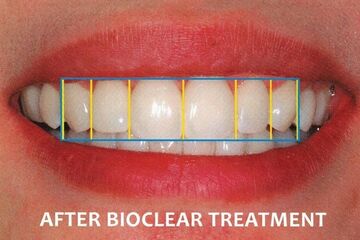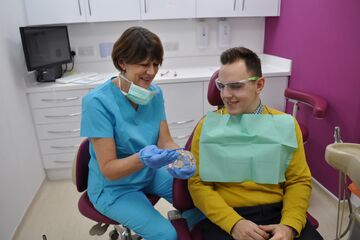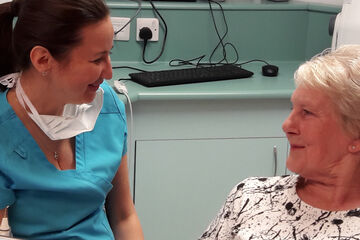Does Sugar Really Rot Teeth?

For years, we, our parents, and almost certainly their parents before them have been telling our kids not too eat too much sugar, because it will rot their teeth. The trouble is sugar is just so sweet it’s difficult to resist. So what exactly does sugar do to our teeth?
Does Sugar Really Rot Teeth?
Sugar itself doesn’t damage your teeth, so you don’t have to avoid it completely. But that doesn’t mean you should eat a tray of doughnuts every day either!
Tooth decay is caused by acid-producing bacteria in your mouth that feast on carbohydrates. These can come from sugary sweets and fizzy drinks, as well as from starch in foods likes potatoes and bread.
The reason for this is that carbohydrates tend to stick to your teeth. This causes unnecessary build up in the live bacteria we have in our mouths to break down food. Some foods are more easily washed away with saliva. However, crisps, raisins and sugar from sweets stick to your teeth.
The longer that the carbohydrates stick to your teeth, the longer your teeth are exposed to the acid-producing bacteria. As well as doing a good job of breaking down the carbohydrates, these bacteria, if left unchecked, can begin to cause erosion of the tooth enamel. Enamel is the natural hard coating which covers your teeth to protect them from everyday damage.
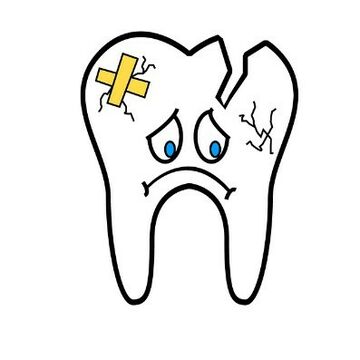
How Does Tooth Decay Happen?
In Medieval times, Kings built mighty castles and fortresses to protect them from enemy armies. Usually these involved an inner fort protecting the King and his family, surrounded by a bailey where the servants lived, an inner wall, and an outer wall which was guarded by a keep and a moat.

If we think of the tooth as being like a castle, the enamel would represent the moat and outer wall. Eating excessively sugary food and drinks, as well as starchy foods such as crisps, combined with inconsistent tooth brushing damages the enamel and effectively lowers the drawbridge for other attacks to follow in and do greater damage to the inner tooth and ultimately the root.
Once the drawbridge is breached, the enemy is now in a strong position. Instead of firing at you from a distance and having to deal with deep moats and high walls, acid erosion can regroup and zero in on weak points like a battering ram attacking the main fort. Once the fort is breached, the battle is all but lost.
Now enamel is the toughest substance in the human body. Harder and more resilient than bone it can withstand many attacks. However, when we choose to lower the drawbridge of our dental defences, decay sets in, holes develop, and, if left unchecked, even the whole tooth can be lost.
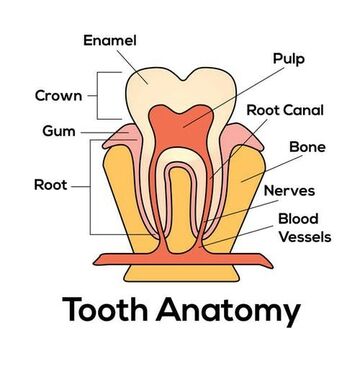
Can Enamel Repair Itself?
Unlike bone, skin, hair and nails, enamel once attacked is permanently damaged and cannot grow back. For this reason, holes need to be filled, first with a filler material such as amalgam or composite and then then with a hard coating to replace the enamel which has been damaged.
Growing enamel artificially has been an aim of the scientific community for many years. Recently, a team of scientists at Zhejiang University in China have made a breakthrough in developing a replacement formula.
Writing in the medical journal, Science Advances, they describe “growing” a substance with the same structure and properties as enamel by combining calcium and phosphate ions with triethylamine. When applied to human teeth the substance created a crystal-like layer about 2.7 micrometres thick. They reported that it has the same strength and wear-resistance as real enamel. Human trials are expected by the end of 2021.
This is excellent news for the dental community and for those of us with damaged teeth and could even find its way into our high street dental practices.
It may be in the future that permanent enamel damage and tooth decay can be delayed or even reversed by applying this new formula. But, in the meantime the best course of action is to look after your teeth in the first place. You can do this by flossing after meals, brushing your teeth each morning and evening for at least two minutes followed by rinsing with mouth wash. Doing so will allow you maintain good defences against acid erosion, gum disease and tooth decay.
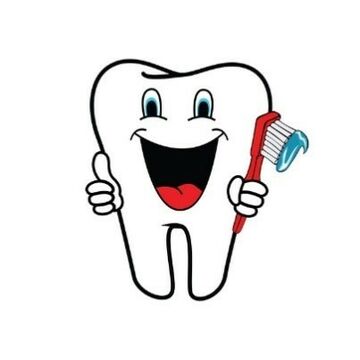
We hope this article has been helpful. For advice on good oral hygiene, the best products to use or simply for a check-up, please contact us at Measham Dental on 01530 272264. We would be pleased to help.

